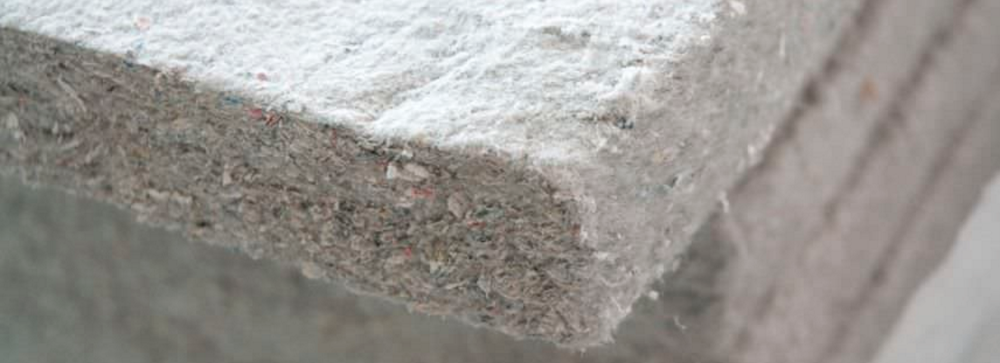Chemycal has been acquired by 3E
Learn MoreChemycal has been acquired by 3E
Learn MoreDiscover how Chemycal PRO helps you boosting your regulatory monitoring:

Insulation of homes with cellulose wadding represents a small part of the insulation market, but has seen very strong growth in recent years. Ammonium salts may be added to the cellulose wadding in order to improve its resistance to fire. However, under certain conditions (especially with high relative humidity), these salts may release ammonia gas inside the dwelling. This gas is irritating to mucous membranes and the respiratory tract.
Based on toxicovigilance data collected by France in 2012 and 2013, it emerged that around forty patients presented characteristic effects of this substance: irritation of the upper airways and cough in dwellings that had recently been insulated with cellulose wadding. In this context, in June 2013, the placing on the market, import, sale or distribution and manufacture of cellulose wadding insulation containing ammonium salts were prohibited in France.
Following European Commission Implementing Decision of 14 October 2013 authorising the provisional measure taken by France, and in accordance with the emergency procedure referred to in the REACh Regulation, the French Agency for Food, Environmental and Occupational Health & Safety (ANSES) was commissioned to prepare a restriction dossier within three months of the date of the Commission Decision. The dossier proposed a European restriction on the placing on the market of inorganic ammonium salts in cellulose insulation materials unless emission of ammonia gas of such materials is below 3 ppm according to the horizontal measurement/test methods of Technical Specification CEN/TS 16516.
The main cost generated by the proposed restriction for economic operators is related to the testing of ammonia emmission and R&D activities to find new formulations. At the end of 2014 the Euopean Chemicals Agency (ECHA) launched a public consultation to support the evaluation expected to be conducted by the ECHA’s Committees for Risk Assessment (RAC) and Socio-economic Analysis (SEAC), in particular on the availability of alternatives and socioeconomic information. In June 2015 RAC and SEAC considered that the proposed restriction is the most appropriate EU wide measure to address the identified risks in terms of both the effectiveness in reducing the risks and proportionality of its socio-economic benefits/costs.
Based on RAC and SEAC opinions, in December 2015 the European Commission proposed to amend the Annex XVII of REACH by introducing the restriction initially proposed by France. The European Parliament did not reject the proposal during the 3 months scrutiny and the European Council on 13th of April 2016 decided to not oppose to its adoption.
The restriction is expected to entry into force shortly. The placement on the market of cellulose insulation mixtures or articles not complying with the emission limits will apply after 2 years to allow economic operators to find suitable alternatives.

Chemycal is an online tool that collects news and regulatory information, from Europe and beyond, for more than 140.000 individual substances (example: TCE). Substances are linked to information related to their involvement in legislative processes, scientific debates and any other initiatives launched by governments and organisations that could lead to potential changes in their regulatory status.
Registered users select their substances of interest and are kept informed on news or regulatory changes through a personalised dashboards and an email alerts system. They can also generate reports which provide a full overview of the status of their substances.
Click here to schedule a free web demonstration.
For more information on Chemycal: info@mychemicalmonitoring.com
Author:

Follow Lorenzo:
2013 © MyChemicalMonitoring. ALL Rights Reserved. About Us | Terms and Conditions